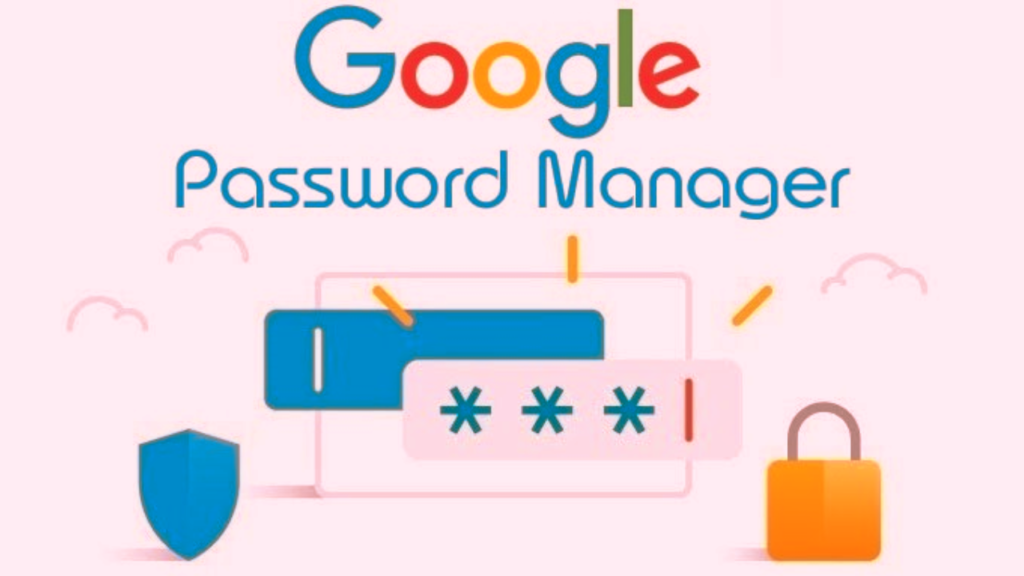In today’s digital age, managing and securing your passwords is crucial. With the multitude of online accounts and services we use daily, it’s easy to feel overwhelmed by the sheer number of passwords we need to remember. This is where password managers come into play, simplifying our digital lives and enhancing security. Two notable contenders in the realm of password management are Google Password Manager and LastPass. But which one is the superior choice? In this comprehensive comparison, we will dissect the strengths and weaknesses of Google Password Manager and LastPass to help you make an informed decision.
Password managers are tools that generate, store, and autofill passwords for your online accounts, eliminating the need to remember complex strings of characters. Google Password Manager and LastPass are both popular options, each offering its own set of features and capabilities.
Technology vs. Technological: A Comprehensive Comparison
Google Password Manager: The Native Solution
Pros of Google Password Manager
Integration: Google Password Manager seamlessly integrates with your Google account, making it convenient for those already entrenched in the Google ecosystem.
Cross-Platform Compatibility: It is accessible across various platforms and devices, including Android, iOS, and web browsers, ensuring your passwords are readily available wherever you go.
Autofill: Google Password Manager can autofill your login credentials on websites and apps, streamlining the login process.
Security Checkup: It provides a built-in security checkup feature, alerting you to weak or reused passwords and prompting you to update them.
Cons of Google Password Manager
Limited Features: While suitable for basic password management, Google Password Manager lacks some advanced features offered by dedicated password manager applications.
Security Concerns: Storing your passwords with a service provider like Google may raise privacy and security concerns, particularly if you have reservations about sharing your data with the tech giant.
LastPass: The Password Management Specialist
Pros of LastPass
Advanced Features: LastPass offers a wide array of advanced features, including password sharing, two-factor authentication (2FA) support, secure notes, and password auditing.
Cross-Platform Support: It is compatible with various platforms, including Windows, macOS, Android, iOS, and numerous web browsers, ensuring flexibility and accessibility.
Security: LastPass employs robust encryption and security practices to protect your data, and it allows you to store more than just passwords, such as credit card information and secure notes.
Password Generation: LastPass can generate complex and unique passwords for your accounts, enhancing security.
Cons of LastPass
Pricing: While LastPass offers a free version, its premium features and family plans come at a cost, which may not suit all users’ budgets.
Learning Curve: Due to its extensive feature set, LastPass can be somewhat complex for users who are new to password managers.
MGM Resorts Grapples with Cybersecurity Challenge
What Is the Difference Between Google Password Manager and LastPass?
The primary difference between Google Password Manager and LastPass lies in their feature sets and target audiences. Google Password Manager is a straightforward solution integrated with Google accounts, offering basic password management for users looking for simplicity and convenience. LastPass, on the other hand, is a feature-rich password manager designed for users seeking advanced security features, cross-platform compatibility, and extensive customization options.

Conclusion
Choosing between Google Password Manager and LastPass depends on your specific needs and preferences. If you value simplicity, are already entrenched in the Google ecosystem, and primarily require basic password management, Google Password Manager is a viable choice. However, if you prioritize advanced security features, password sharing, and comprehensive cross-platform support, LastPass may be the better option. Regardless of your choice, using a password manager is a crucial step toward enhancing your online security and simplifying your digital life.
FAQs
Answer: Two-factor authentication (2FA) is an additional layer of security for online accounts. It requires users to provide two forms of verification before gaining access, typically something they know (like a password) and something they have (like a mobile device). 2FA enhances security by reducing the risk of unauthorized access, even if your password is compromised.
Answer: A VPN (Virtual Private Network) is a technology that encrypts your internet connection and routes it through a secure server, masking your IP address. It enhances online privacy and security by preventing third parties from monitoring your online activities. VPNs are commonly used to access geo-restricted content and secure public Wi-Fi connections.
Answer: To protect your computer from malware and viruses:
Install reputable antivirus and anti-malware software.
Keep your operating system and software up-to-date with security patches.
Avoid downloading files or clicking on links from untrusted sources.
Use strong, unique passwords for your accounts.
Be cautious of phishing attempts and suspicious emails.
Answer: Phishing is a cyberattack where malicious actors attempt to trick individuals into revealing sensitive information like passwords, credit card details, or personal data. You can recognize phishing attempts by:
Checking the sender’s email address for inconsistencies.
Being cautious of urgent or threatening language in emails.
Verifying the legitimacy of the website before entering personal information.
Never clicking on suspicious links or downloading attachments from unknown sources.
Answer: The Dark Web is a part of the internet that is intentionally hidden and only accessible through special software. While the Dark Web is not inherently illegal, it is often associated with illegal activities. Accessing it for legitimate purposes is not illegal, but engaging in illegal activities on the Dark Web is against the law.
Answer: To create a strong, memorable password, consider using a passphrase—a series of random words or a sentence that is easy to remember but hard to guess. Incorporate a mix of upper and lower-case letters, numbers, and special characters. Avoid easily guessable information like names or birthdays.
Answer: If you suspect your online account has been compromised:
Change your password immediately to a strong, unique one.
Enable two-factor authentication (2FA) if available.
Check your account activity for any unauthorized transactions or changes.
Contact the service provider or website administrator for further assistance.
Run a full scan of your device with antivirus and anti-malware software to ensure it’s clean.






0 Comments